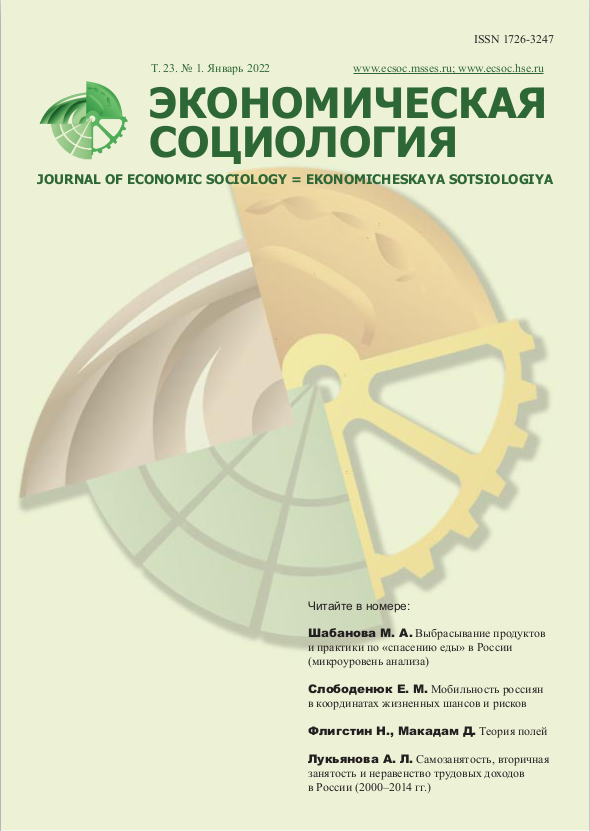A Guide for Market-Based Interventions and Public Problems
Book Review: Neyland D., Ehrenstein V., Milyaeva S. (2019) Can Markets Solve Problems? An Empirical Inquiry into Neoliberalism in Action, London: Goldsmiths Press. 324 p
Abstract
Is it possible to apply economic mechanisms to solve public problems, especially sensitive and morally rooted ones? Can markets effectively and fairly regulate social issues in the public policy field? During the last several decades, with the spread of market mechanisms in the social order, theoreticians and practitioners have been searching for market-based interventions. While a significant body of literature criticizes neoliberalism for its limitations and contradictions, the collective of the sociologists Daniel Neyland, Véra Ehrenstein, and Sveta Milyaeva suggest in their book Can Markets Solve Problems? An Empirical Study of Neoliberalism in Action problematizing not only the role of the market in the implementation of government interventions but also the very definition of the market—its constituent relationships, practices, meanings, and calculative devices. Drawing on science and technology studies (STS), the authors propose looking behind the processes of market assembly work and investigating how in the course of market-based interventions social problems, entities, and relationships are shaped, transformed, and allow the achievement of certain results in public policy. Based on the empirical materials of an extensive ethnographic study (legal and historical documents and semi-structured interviews with experts, managers, and stakeholders), the authors use six empirical cases to illustrate how competition, investment and return, property, trade and exchange, incentives, and selling can, in practice, not only become instruments of market-based intervention but also shape and redefine the subject matter itself. The book will be of interest and beneficial to researchers in the field of sociology of markets as a source of rich descriptions of markets, which generally constitute a subject of active government regulation and which become a platform for the symbolic struggle of various market actors.













